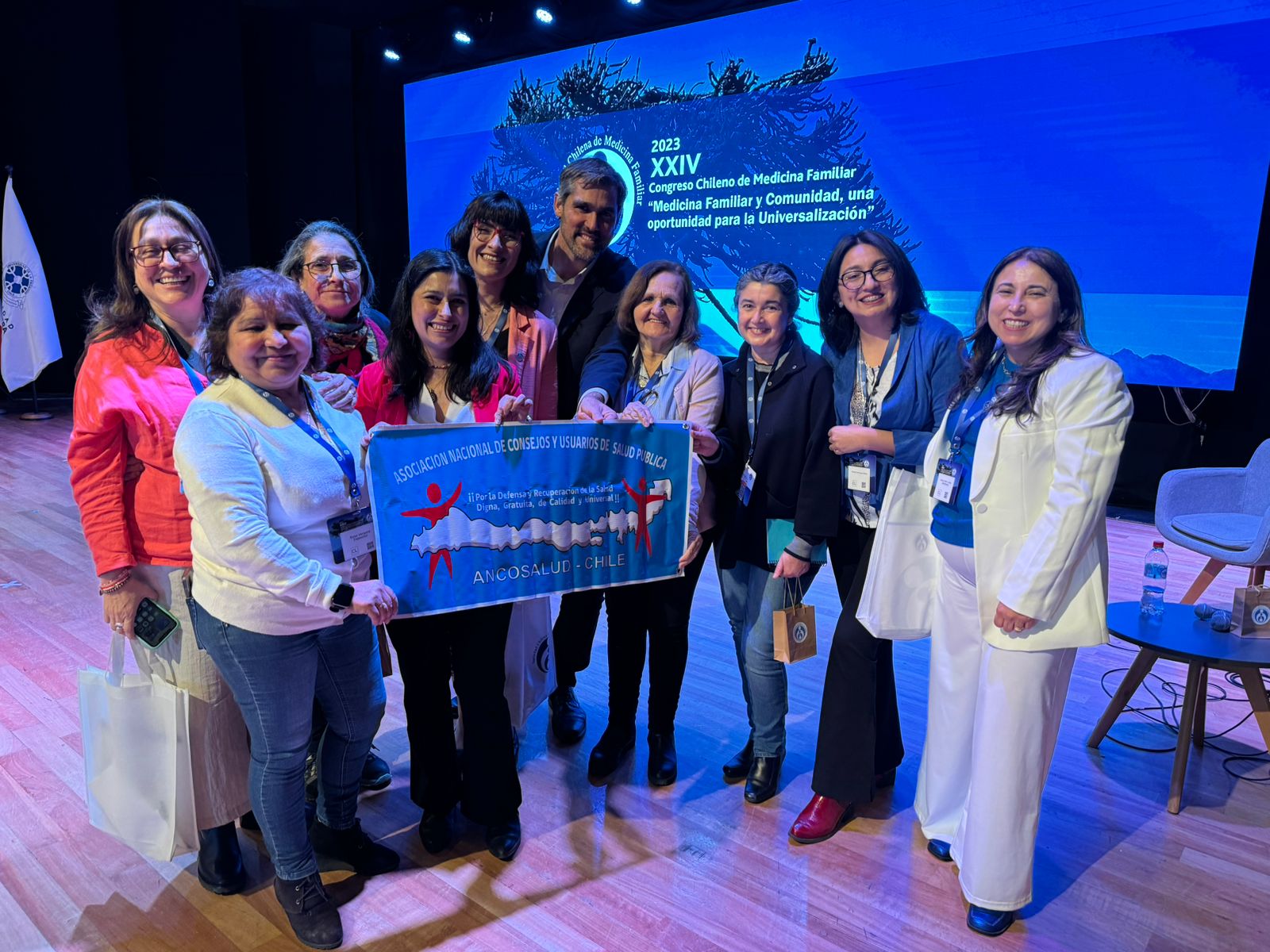SOCHIMEF organized the XXIV Chilean Congress of Family Medicine

SOCHIMEF organized the XXIV Chilean Congress of Family Medicine to address challenges in the universalization of primary care.
The event, hosted by the Chilean Society of Family Medicine, featured about 50 speakers, including former Health Minister Soledad Barría, Health Reform Coordinator Bernardo Martorell, actress and former Minister of Culture Paulina Urrutia, and other distinguished professionals.
From Thursday, November 23, to Saturday, November 25, the Chilean Society of Family Medicine (Sochimef) held the XXIV Chilean Congress of Family Medicine, with over 50 speakers, at the Aula Magna of the University of La Frontera in Temuco, Region of La Araucanía.
In this edition, emphasis was placed on the challenges posed by the healthcare reform promoted by President Gabriel Boric's government, especially concerning the universalization of primary care and the role that family medicine should play in the public policies expected to be implemented in the medium and long term.
The congress featured presentations by academics, researchers, healthcare professionals, and various political authorities. Notable figures included former Health Minister (2006-2008) Soledad Barría, Health Reform Coordinator Bernardo Martorell, Head of the Division of Prevention and Control of Diseases (Diprece) María Soledad Martínez, former Minister of Culture Paulina Urrutia, the president of the Chilean Society of Family Medicine, Roxana Sepúlveda, and other distinguished professionals.
For the committee of the XXIV Chilean Congress of Family Medicine, this event represented an opportunity to "think of universalization as a great challenge. At the same time, we must continue to work to inspire and train more family physicians. Several universities have started their process in recent years, so we must find ways to expand our knowledge and our work. The Chilean Congress of Family Medicine is an opportunity to achieve this."
Over the three days of the event, five plenary sessions were held, addressing topics such as universalization and community; epidemiology of cardiovascular diseases; as well as roundtable discussions related to the National Dementia Plan, palliative care, sexual diversity, neurodiversity, insulinization, among others.

UNIVERSALIZATION
On April 3 of the past year, in the commune of Renca, the process of universalizing Primary Health Care began. This meant that from now on, in the seven designated pioneer communes (Renca, Canela, La Cruz, Alhué, Coltauco, Linares, and Perquenco), users not affiliated with the National Health Fund (FONASA) could enroll and receive care at primary care centers.
The implementation of this public policy in Chile posed a significant challenge, whose realization had to be based on a broad dialogue among all stakeholders.